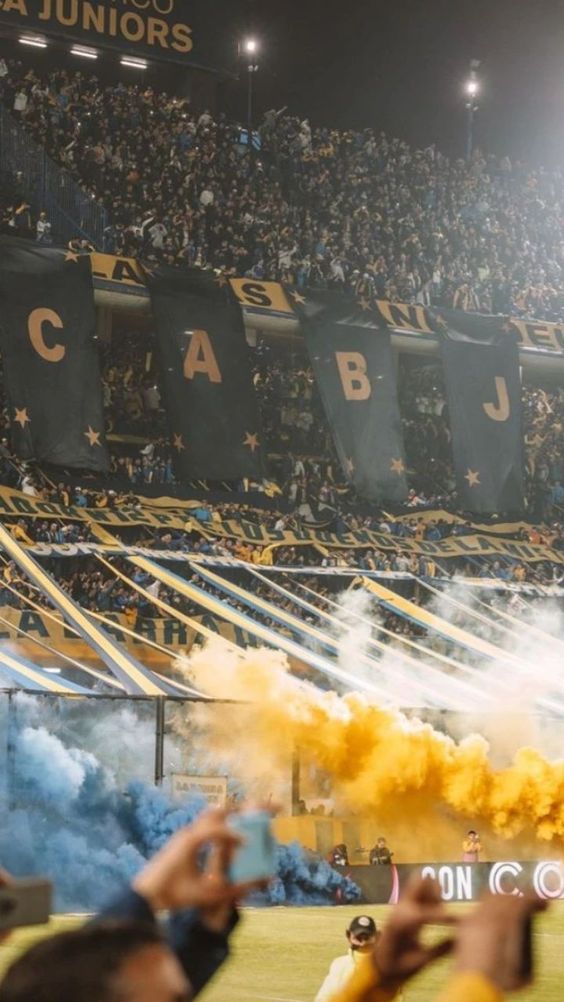Argentina’s love affair with football began around 150 years ago when the country was building its vast railway network. Thousands of immigrant workers from Britain came to the country to help construct these railroads. With them, they brought experience and know-how but they also brought their hobbies and pastimes – including football.
As this railroad network developed, football pitches and clubs began springing up all over its line as Argentinian and British workers began playing together. It quickly morphed into a national obsession. In 1893 a Scottish man called Alexander Watson Hutton founded the Argentinian Football Association (AFA) which was the first FA in South America.
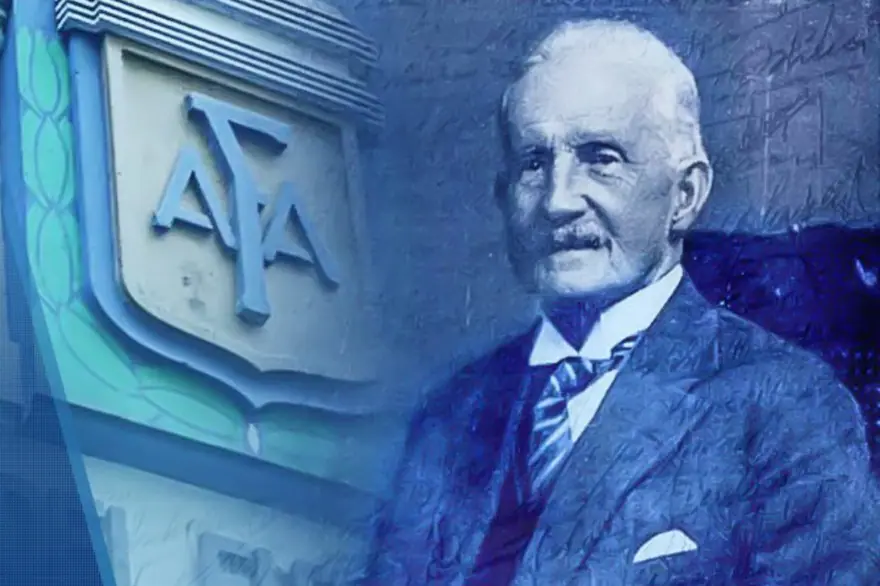
Over the next 150 years, Argentina’s love for football blossomed as it went on to produce some of the biggest names in world football including Alfredo Di Stefano, Diego Maradona and Lionel Messi as well as having some of the most iconic and recognisable football clubs in the world with Boca Juniors and River Plate. The cherry on top of all of this is the three World Cups they have won – most recently in 2022.
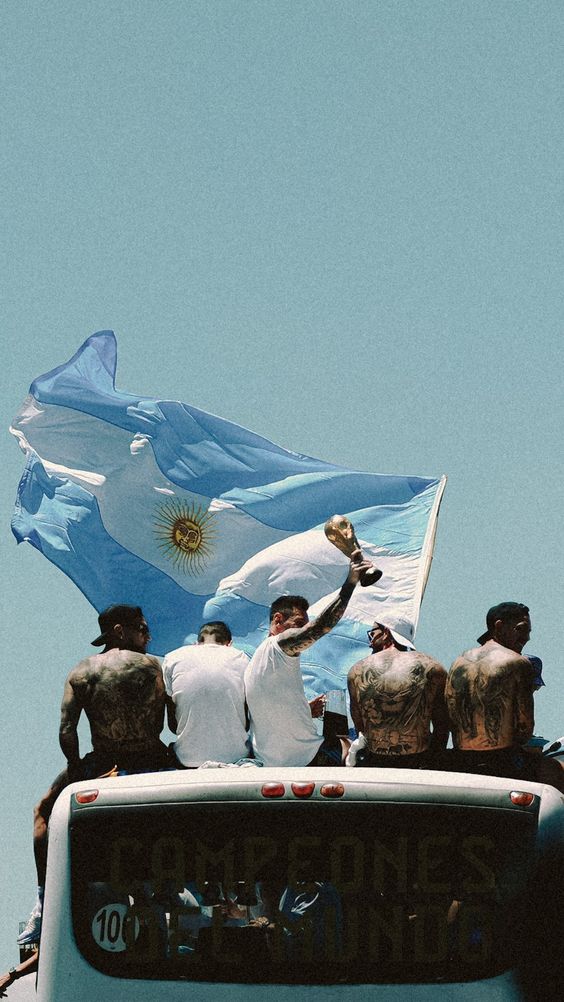
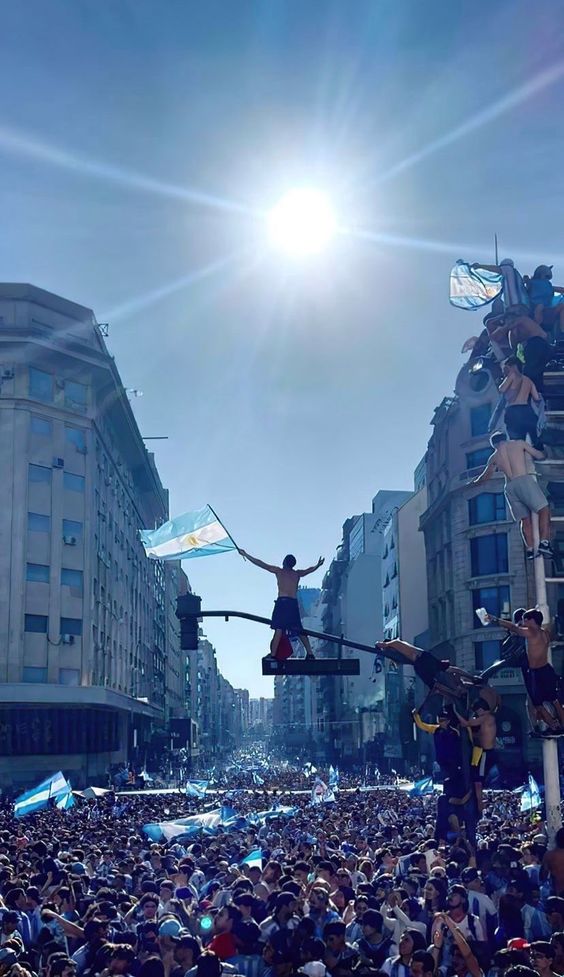
Argentinians see football differently from many in the West. It is a daily part of life for a person from infancy to adulthood. It is a form of culture and identity as well as national and civic pride for people. Argentinian football clubs are at the centre of their communities.
This is reflected in the ownership model for football clubs in Argentina. All football clubs are run as non-profit community organisations by their members. Even the biggest and most successful clubs are not run as businesses the way we are so used to seeing in most of world football.
However, there is a man who aims to change all that. You have heard about him or at the very least seen pictures of him. He is the self-described “Anarcho-capitalist” who has been likened to a mix between Wolverine and Donald Trump and has been elected president of Argentina.
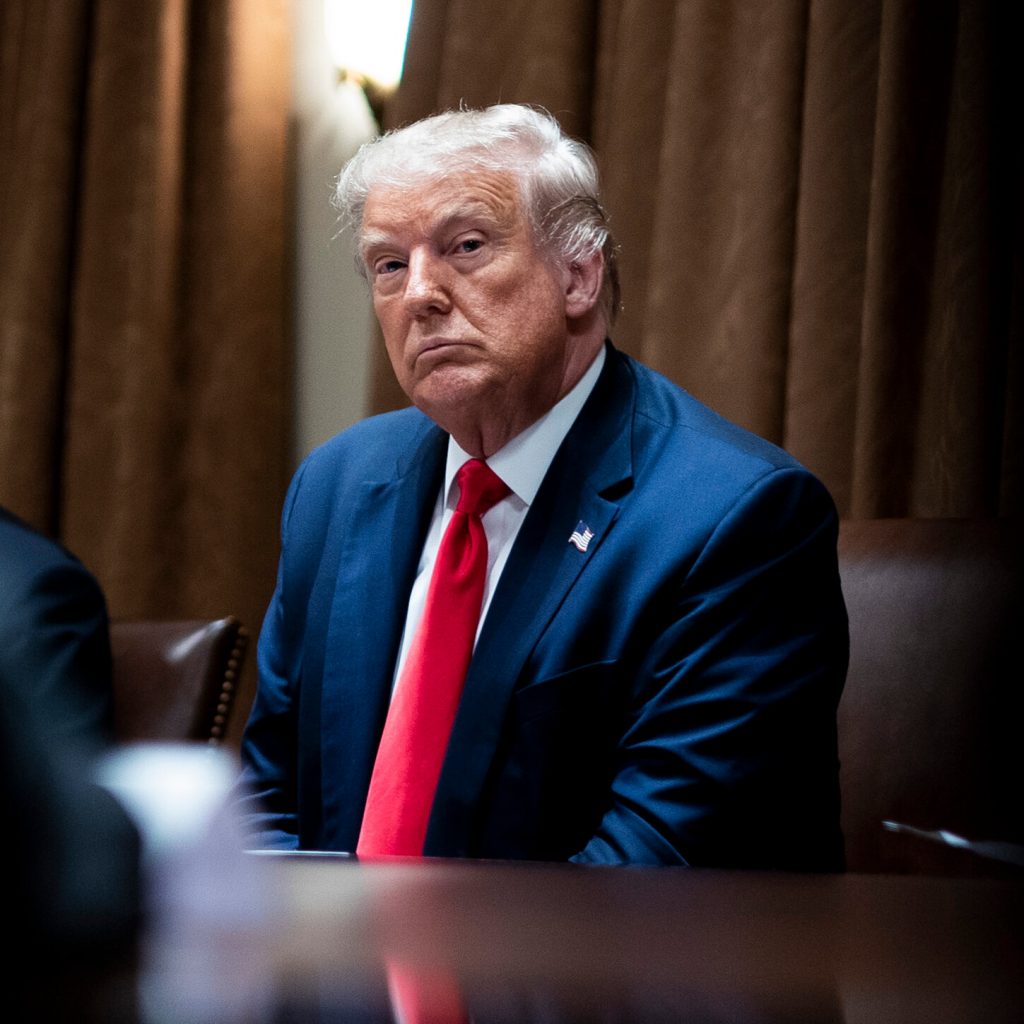
JAVIER MILEI: taking a chainsaw to the machinery of the state.
Javier Milei became a viral sensation during his presidential campaign for his fiery rhetoric and his fondness of bringing a chainsaw with him to rallies – which he claims was symbolic of how he would put a chainsaw to the machinery of the state.

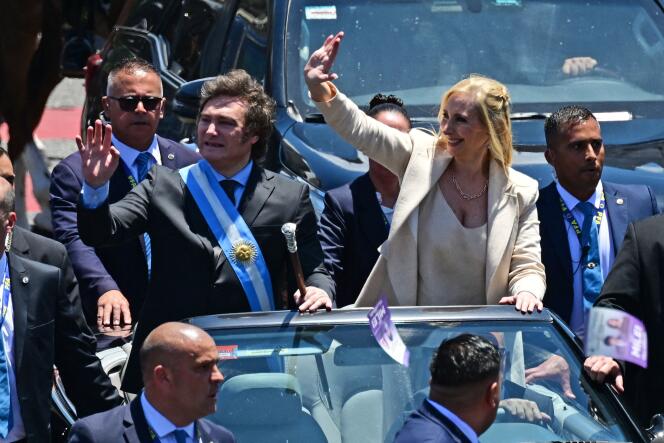
He wants to legalise the sale of human organs, cut ties with Argentina’s biggest trading partners, Brazil and China, as well as abolishing the Central Bank of Argentina.
The former Television political pundit gained worldwide notoriety during his campaign for several bizarre outbursts including regularly speaking about his fondness for tantric sex and being seen out and about with his 5 cloned dogs (who he claims are his sons and his closest political confidants who regularly give him advice and guidance). He claims to be an extreme libertarian and says that he believes in government not interfering in people’s lives – whilst at the same time wanting to ban abortion.
Amid a worsening financial crisis in Argentina, Milei’s populist policies and eccentric personality appealed to voters which led to him winning the election and taking office on December 10th 2023.

He is currently undergoing a system of economic “shock treatment” in Argentina where in his first few weeks in office he has already earmarked 300 regulations which he aims to change.
He wants fewer government safety nets for people and is cutting a wide range of social services including free food programs for Argentina’s poor. He claims all these policies are to lay “the foundations for the reconstruction of the Argentine economy and restore freedom and autonomy to individuals, removing the State from their shoulders.”
One of Millei’s most controversial moves so far is the plan to allow the privatisation of football clubs in Argentina in a bid to prevent the state from interfering in institutions.
He has described this as “necessary and urgent” and claimed that there has been interest from unnamed “Arab” investors in several Argentine clubs. He also claims that BlueCo who owns Chelsea Football Club have shown interest in purchasing an Argentine club.
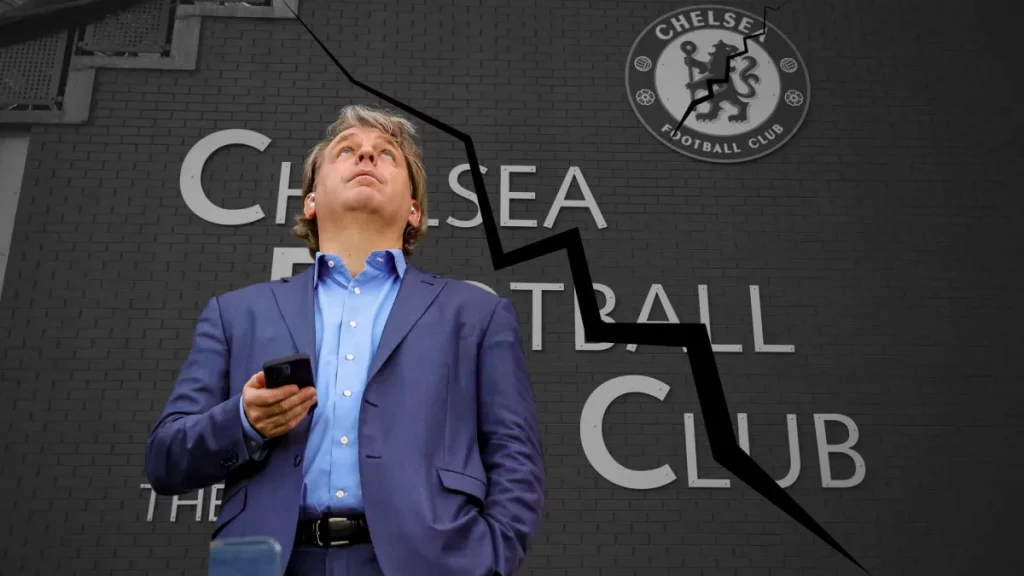
In a radio interview, he claimed that he would be issuing a decree which would allow all the nation’s non-profit civil associations to be sold off to private ownership and became known as Sociedad Anonima Deportiva (SAD) corporations.
It is important to note that he has clarified that clubs will not forcefully be sold off but that the option could become open to them. In a mindset that is in step with his ideology he justified the move by saying “I’m a Boca supporter and if investment groups spend a fortune on Boca that helps Boca win all the time and River can’t win a single match against them, the question is: where do I sign?”
The AFA had voted against allowing the privatisation of Argentine clubs on November 23rd around three weeks before Milei took office on December 10th, which has now reignited the debate. In a statement, The AFA said that Argentine football clubs were “Not born to generate business and profits for people, but to provide society with services that cannot be found in other sectors.”
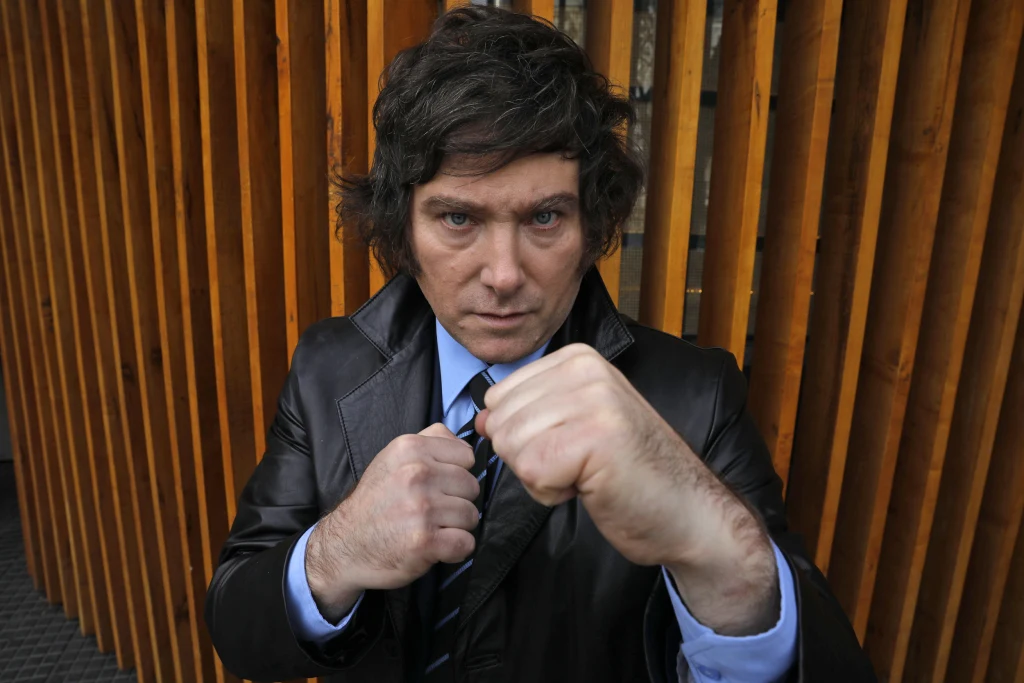
The AFA has always been involved in supporting children from the streets. With the current model of members-owned clubs, poorer sections of society get access to services such as education, healthcare and physical education through their football clubs. Milei’s proposals would fundamentally change this.
Football in Argentina would be at risk of becoming similar to the way it is in the UK, for example, where clubs are viewed as a commodity where supporters are more frequently viewed as passive consumers of a product as opposed to active members participating in the organising and running of their clubs. In Europe, more and more clubs are moving out of the towns and cities they are historically based in to move to modern mega stadiums on the outskirts of cities and in turn have alienated and priced out their traditional, often working class, fanbases.
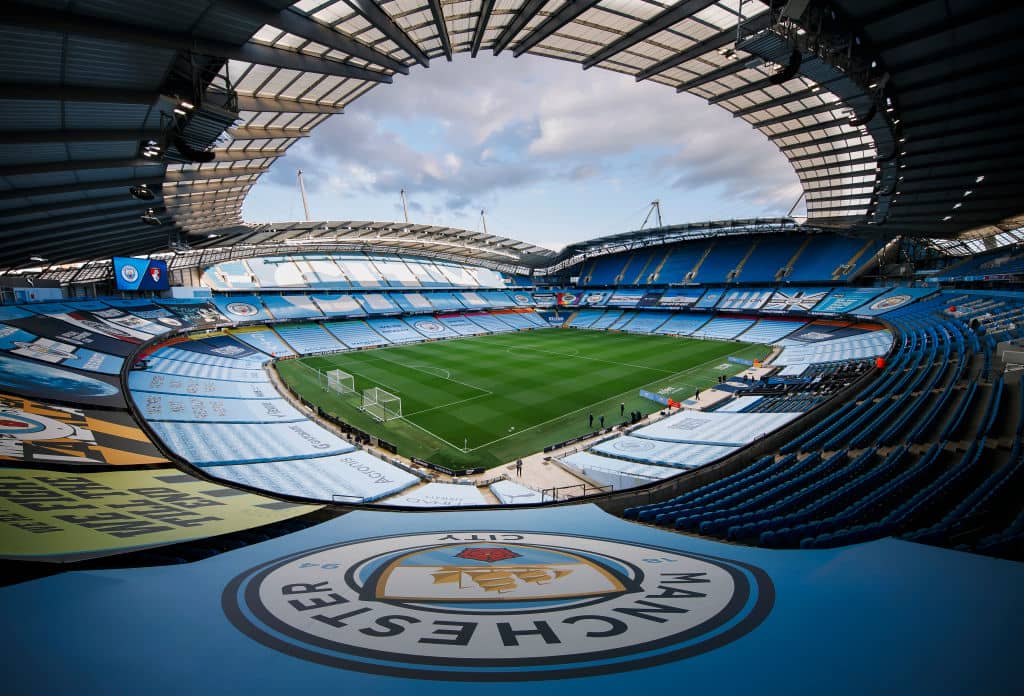
Clubs such as Boca Juniors, San Lorenzo, Racing, Independiente and River Plate have all released statements condemning the proposal. In a River Plate press release, the club said “Following the spirit of our founders, we reject corporations in Argentine football. River Plate is a not-for-profit Civil Association, and it will always belong to us members who have supported it.”
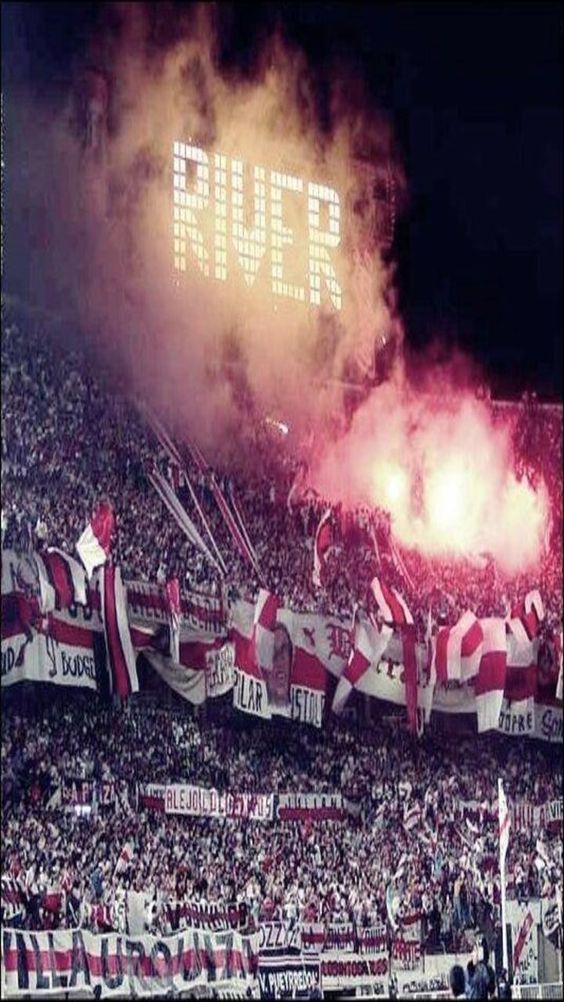
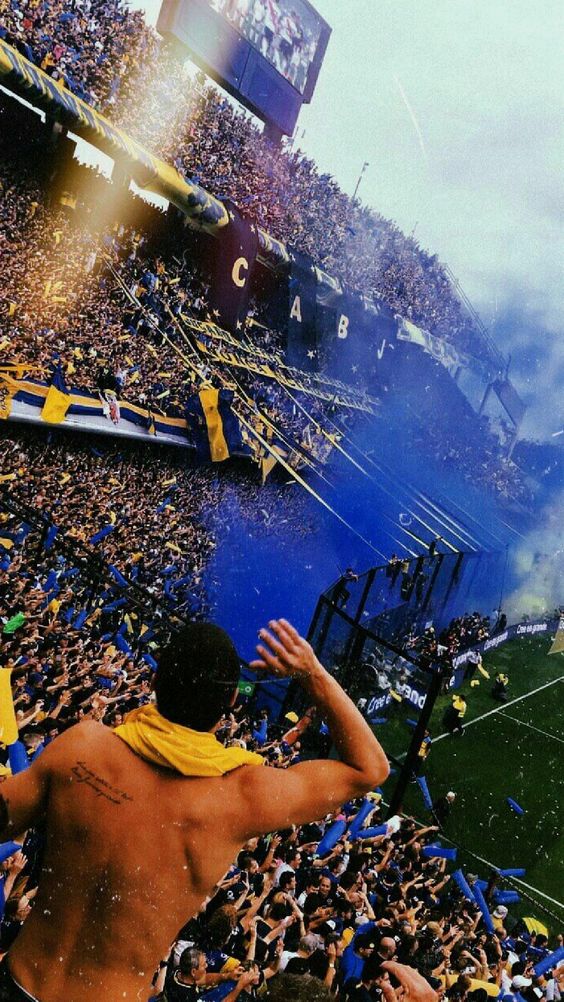
In the statement, they elaborated on how privatisation would affect the philosophy of Argentine football “A zero balance sheet is a good balance sheet for a non-profit organisation. It means that it has correctly managed its lost income and has distributed its surplus benefits and services to its members. A zero balance sheet is a bad balance sheet for a for-profit entity because it means it has not made money, which is the ultimate goal of its shareholders.”
Other clubs such as Independiente have been very forward in their rejection of allowing privatisation in: “That is what our statute says, and we will never change it. The club belongs to its members.”
As well as multiple press releases from clubs, some Argentinian football players such as 1978 World Cup winners Ubaldo Fillol and Jorge Olguin released a joint statement along with a petition urging people to vote against Milei during the election. In the statement, they said, “Our clubs are not businesses and are supported by the voluntary effort of men and women driven by commitment, solidarity and conviction. We are not guided by market rules.”
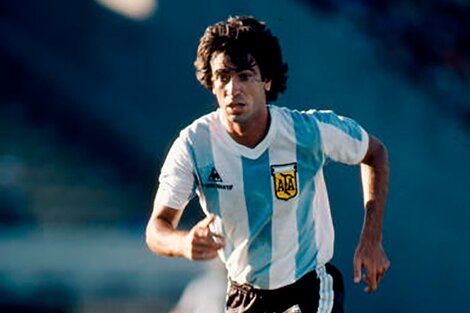
Milei’s friend and political ally Mauricio Macri ran in 2023 to become Boca Juniors president on a pro-privatisation platform and lost resoundingly. He was completely rejected by Boca supporters who are evidently against any degree of privatisation at their club. Does this potentially show how out of touch Milei is with many ordinary people in Argentina? Boca Juniors are Argentina’s biggest club and represent a broad segment of Argentine society.
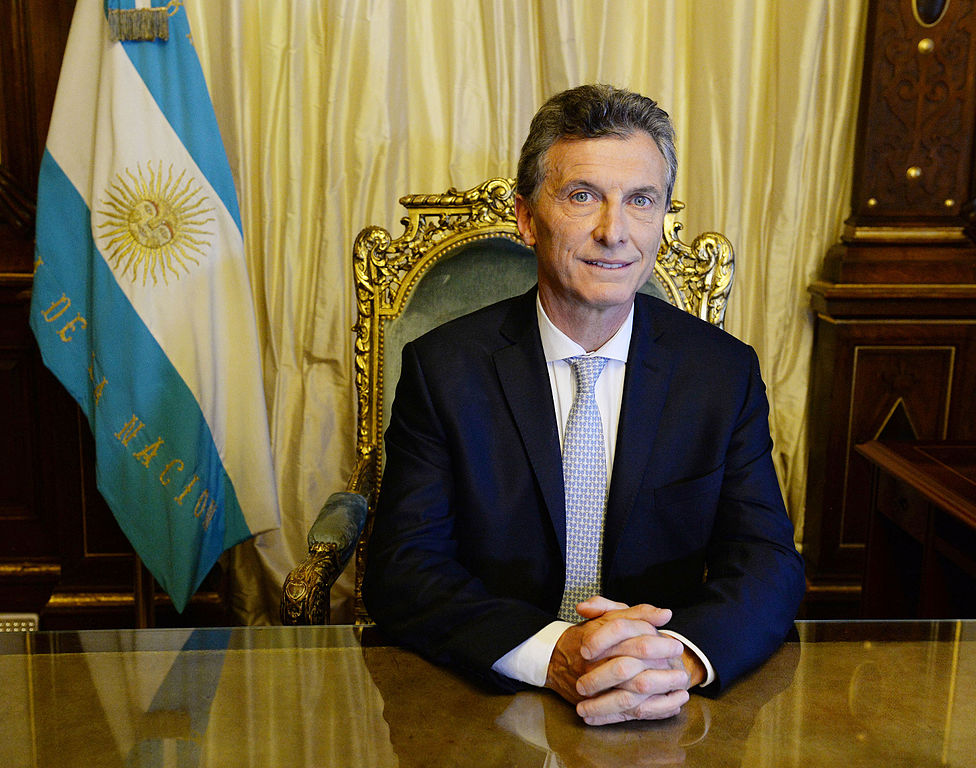
Milei might prefer to pick his battles wisely and not anger the football community in his country.
The not-for-profit model of running a club is a romantic one but at the same time as many Argentine clubs are struggling financially and outside of the top league, the country’s football infrastructure is often shabby and in need of refurbishment.
Argentine clubs are unable to hang on to top players who often move to Europe at a young age for higher wages and a more glamorous career. An argument that Milei has regularly made in favour of privatisation is that the Argentinian state is not in a good way economically and shouldn’t have to keep funding these clubs when there are rich foreign investors who would be happy to do so and inject money into a country that desperately needs it.
It is easy to see why more money in Argentine football might be a good thing but Argentina has the benefit of being able to see what has happened to European leagues once they let big money in. For many football supporters around the world, losing your club’s culture and identity is not worth the trade-off just to win more trophies. To club owners and shareholders, winning is what’s important but to members of a football club, winning titles is often seen as a great bonus but is not the be-all and end-all.
In an interview with Argentine journalist Alejandro Fantino, Milei argued, “Who the hell cares who the owner is if you beat River Plater 5-0 and are world champion? Or would you rather stay in this misery, with increasingly worse football? Would you rather lose 4-0 to AC Milan but still say ‘I’m national and popular’? Rather than dealing them an epic defeat?”
This quote highlights how out of touch he is with football supporters who are not willing to swap their ownership of the club for success if it means the loss of community and loss of identity.
Only time will tell how this situation develops. Argentina is one of the most football-obsessed nations on the planet and maybe Milei might prefer to pick his battles wisely and not anger the football community in his country.

His policies towards football are only one example of how Milei plans to fundamentally change the economy, politics and culture of Argentina radically. Argentina is a country that is currently suffering greatly from an ongoing financial crisis. Milei will try to radically alter many things in the country to push his solution to resolve the issue – extreme neoliberalism. Some of his policies may work and some may not. One thing for certain is that Argentina will be a different country by the end of his term.
The push to privatise football clubs is only one piece of a huge complex political shift occurring in Argentina that, for now, seems to be completely opposed by fans and by clubs. Yet, the seed has been planted and the debates will continue and Argentinian football supporters will eventually have to ask themselves is domestic success worth it if it means selling the soul of your club?
